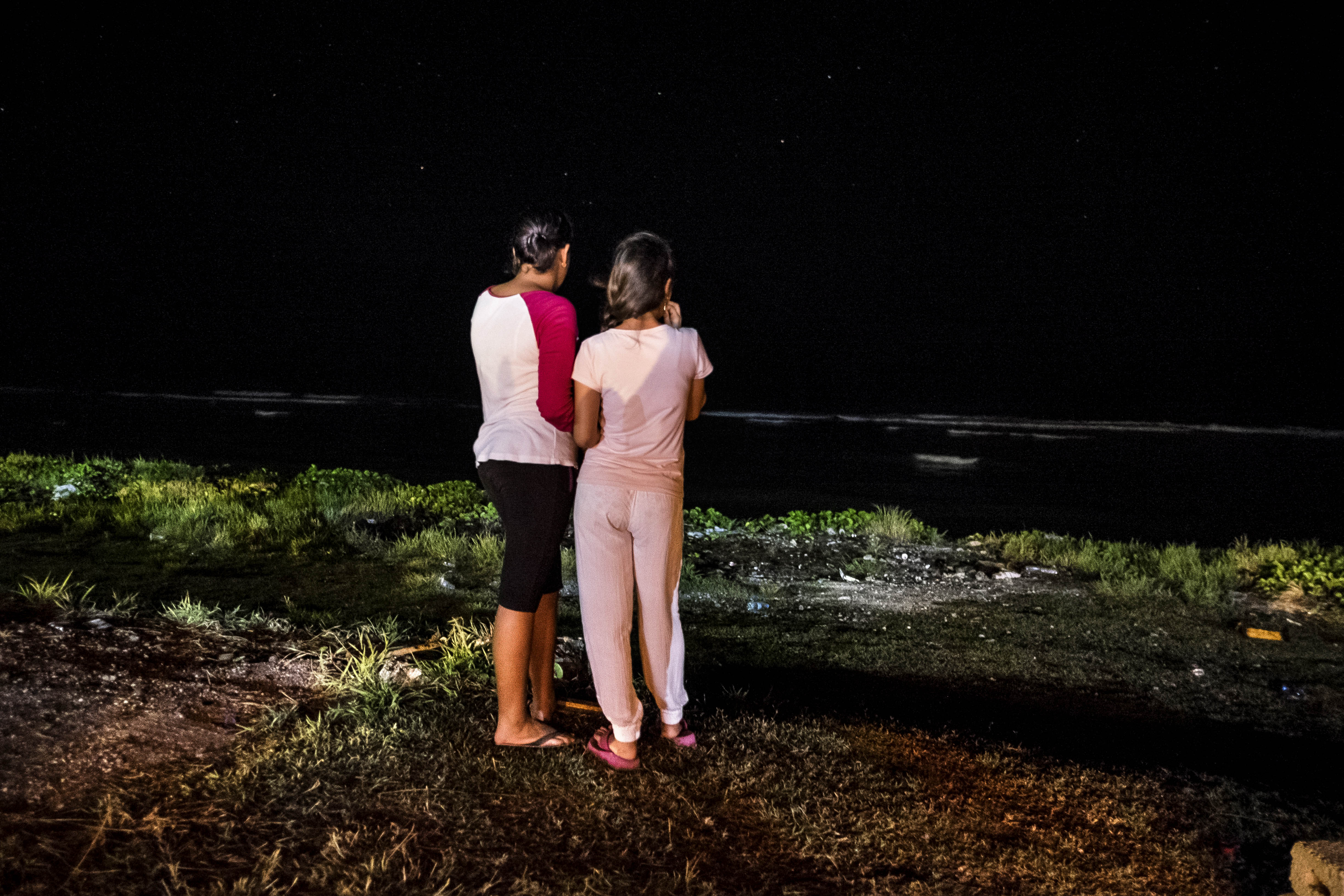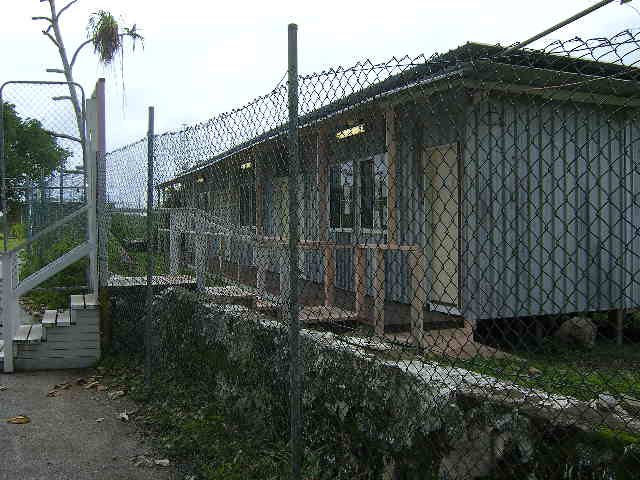UNHCR welcomes move to let temporary refugees stay in Australia
UNHCR welcomes move to let temporary refugees stay in Australia

CANBERRA, July 13 (UNHCR) - The UN refugee agency has welcomed new measures in Australia that recognise the contribution of refugees and could allow thousands of people living with temporary protection visas (TPV) to stay in the country permanently.
Currently, there are 9,500 TPV holders in Australia who are allowed to stay for three years before being returned if conditions in their home countries have improved. The TPV was introduced in 1999 "in response to a surge of unauthorised boat arrivals who had used people smugglers to travel to Australia illegally," according to the Australian government.
Under the new initiative announced today, these TPV holders will now be able to apply for mainstream migration visas that will enable them to remain in Australia permanently without needing to leave the country to file their applications.
The new arrangements will also apply to offshore temporary humanitarian visa holders, including those who came to Australia via Manus Island or Nauru.
This decision "recognises the fact that many TPV holders are making a significant contribution to the Australian community, particularly in regional areas," said Australian Immigration Minister Amanda Vanstone in a press statement Tuesday.
"Because of the links with Australia through social or work activities, many of these people were able to apply for mainstream migration visas from offshore. However, they'll now not only be able to apply, but do so without having to leave Australia," she added.
UNHCR's Acting Regional Representative in Australia, Roberto Mignone, welcomed the new measures: "We are pleased that the statement recognises the contribution made by refugees to their local communities. This highlights how the refugees themselves have won the hearts and support of their neighbours in rural communities."
He added, "We hope this helps increase understanding and acceptance of refugees in general, and the contributions they can make to their new homes."
Another initiative unveiled today concerns a new "pending return visa" that gives TPV holders who are found to be no longer in need of international protection 18 months to make arrangements to return to their home country or to go elsewhere. People granted this visa will continue to receive work rights and Medicare, as they had on their TPV. Reintegration packages, including airfares and financial assistance, will continue to be provided.
Responding to the "pending return visa", UNHCR's Mignone said, "If people are no longer in need of international protection, then giving them time to prepare, access to work and health care in the interim, and assistance to go back in safety and dignity, is also a positive step."
As of the end of 2003, Australia hosted 3,021 asylum seekers. In the first quarter of 2004, Australia received 759 asylum applications, down from 1,156 in the same quarter of 2003.







